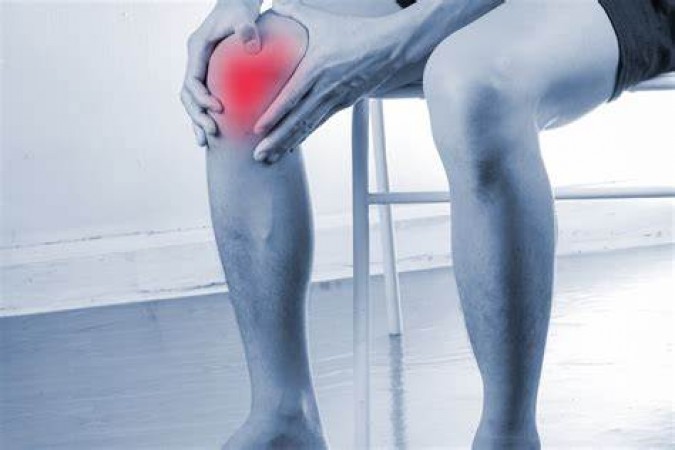
If you've recently turned 30 and are experiencing knee pain, you're not alone. Many individuals in their 30s start to notice discomfort in their knees, and while it may seem like a minor inconvenience, it's crucial to pay attention to these early warning signs. Knee pain at this age can be an indicator of underlying issues that, if left unaddressed, could worsen over time. In this article, we'll explore the causes of knee pain in your 30s, how to prevent it, and when to seek medical attention.
Excess body weight can put significant stress on your knee joints. If you're carrying extra pounds, it's essential to manage your weight to alleviate pressure on your knees.
Both overuse and inactivity can contribute to knee pain. Finding the right balance between staying active and giving your knees proper rest is key.
Your posture and how your body is aligned can affect your knees. Incorrect alignment or posture can lead to knee pain over time.
Past injuries, even minor ones, can have long-lasting effects on your knees. They may become more pronounced as you age.
Sometimes, knee pain can be hereditary. Understanding your family history can provide valuable insights into your risk.
A healthy weight reduces the burden on your knees. Incorporate a balanced diet and regular exercise into your routine.
Choose low-impact exercises like swimming or cycling to reduce stress on your knees. Strengthening the muscles around your knees can also help prevent pain.
Practice good posture and alignment in your daily activities to protect your knees.
Give your knees time to rest and recover, especially after strenuous activities or workouts.
Orthopedic supports, such as knee braces, can provide additional stability and relief.
If your knee pain persists for more than a few weeks despite self-care, consult a healthcare professional.
Swelling, redness, or warmth around the knee joint may indicate inflammation that needs attention.
Difficulty moving your knee or performing daily activities should prompt a visit to a doctor. Knee pain at the age of 30 is not something to dismiss lightly. Taking proactive steps to manage your weight, exercise wisely, and prioritize good posture can help prevent future issues. However, if pain persists or worsens, seeking medical advice is crucial to address potential underlying problems. Remember, taking care of your knees now can lead to a healthier and pain-free future.
Eating These Foods Daily Can Help Maintain Healthy Cholesterol Levels
If You Want to Live for 100 Years, Make These Lifestyle Changes- Keep Illness at Bay
Spice Up Your Weight Loss Journey: How These Spices Help Shed Pounds